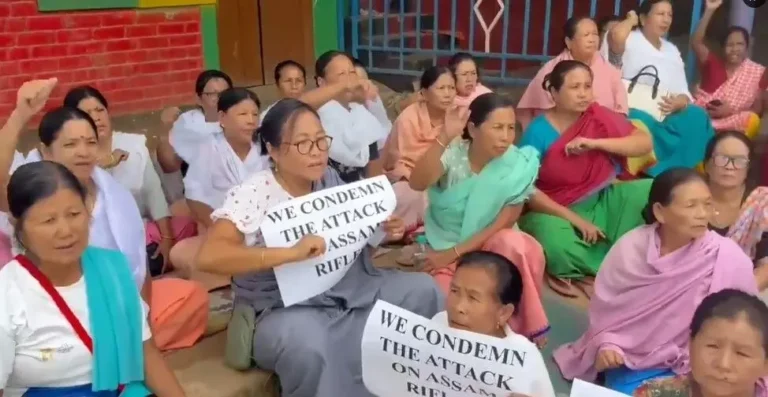Dengue Epidemic Surge in Manipur: A Detailed Overview and Response Measures
Summary
Manipur is facing a significant dengue outbreak, with over 1,800 reported cases and five fatalities as of late October 2024. The epidemic has escalated sharply, especially in regions like Imphal West, which has the highest case count. In response, the state has formed a specialized task force aimed at controlling the vector-borne spread and implementing coordinated health interventions.
Comprehensive Analysis of Manipur’s Dengue Epidemic
1. The Scope of the Outbreak
Dengue cases in Manipur have surged dramatically, outpacing previous records by a considerable margin. Unlike typical seasonal trends, this year’s dengue spread has been far more severe, claiming five lives and spreading through nearly all districts. Imphal West is currently the most affected area, with over 1,290 cases alone, while other districts report varying infection levels. Notably, only three districts, Jiribam, Pherzawl, and Tengnoupal, remain unaffected, suggesting a complex epidemiological trend unique to this year.
2. Understanding the Surge: Why is This Year Different?
Historically, Manipur has experienced milder dengue seasons, with cases rarely breaching the 200 mark. However, in 2024, the state has observed over 1,800 cases, a staggering jump influenced by various factors. Climate change, increased urbanization, and a rise in stagnant water sources—ideal breeding grounds for the Aedes mosquito—are primary contributors. Increased movement between districts and surrounding states has also amplified transmission rates, particularly in densely populated urban centers.
3. The State’s Response: Formation of the State Task Force
The escalating numbers prompted Manipur’s Directorate of Health Services to initiate emergency measures. A State Task Force, led by the state health secretary, has been established to monitor, coordinate, and combat the epidemic. Their mandate includes:
- Intensive Surveillance: Ensuring timely reporting of cases and updating the public on health guidelines.
- Community Awareness Programs: Educating the public about preventive measures, like using mosquito nets and avoiding water stagnation.
- Medical Readiness: Supplying hospitals with necessary equipment and resources to manage severe cases, especially in high-risk areas.
4. Preventive Measures for the Public
To halt the dengue virus’s spread, it’s crucial for citizens to adopt preventive strategies:
- Personal Protection: Wearing long-sleeved clothing and applying insect repellent can reduce exposure to mosquitoes.
- Household Management: Eliminating standing water sources in homes and yards helps prevent mosquito breeding.
- Community Involvement: Community-wide cleanup campaigns and active cooperation with health advisories significantly aid in controlling outbreaks.
5. The Role of Climate and Environmental Factors
The climatic shifts, with prolonged rainy periods and warmer temperatures, have exacerbated mosquito breeding conditions, turning the environment into a persistent dengue-conducive zone. These factors, alongside rapid urbanization and infrastructure development, have complicated efforts to control the virus.
Conclusion
The ongoing dengue outbreak in Manipur is a public health crisis of unprecedented scale in the region. While the government and health agencies are actively deploying resources and public health campaigns, personal and community preventive measures remain crucial. With consistent cooperation between the public, health departments, and local communities, there is potential to contain the epidemic before it intensifies further.
FAQs
- What is causing the dengue outbreak in Manipur this year?
- This year’s dengue surge is due to increased mosquito breeding linked to climatic changes, urbanization, and inadequate mosquito control.
- What areas in Manipur are most affected by dengue?
- Imphal West has the highest number of cases, followed by Imphal East and Bishnupur.
- What measures has the Manipur government taken to combat dengue?
- The state has formed a specialized task force to manage and control the outbreak, focusing on surveillance, awareness, and medical preparedness.
- Are there any unaffected areas in Manipur?
- Yes, Jiribam, Pherzawl, and Tengnoupal districts have reported no cases as of now.
- How can individuals help prevent dengue?
- Simple practices like eliminating stagnant water, using mosquito nets, and wearing protective clothing can significantly reduce dengue risk.
